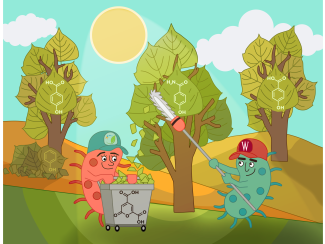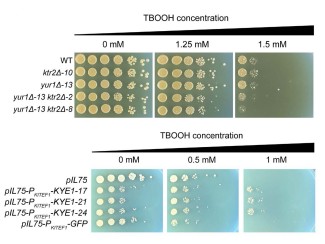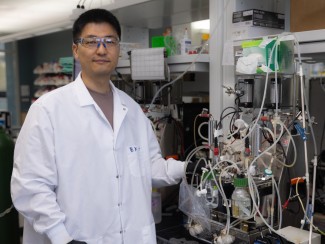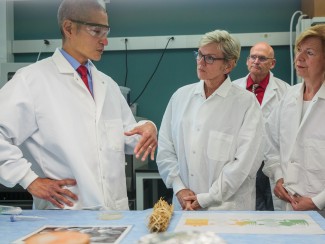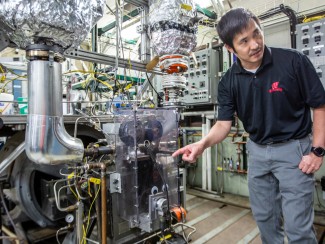The Wisconsin Energy Institute (WEI) at the University of Wisconsin–Madison will host a series of workshops around the state this fall and winter that will help lay the groundwork for the development and growth of a circular, bio-based economy in Wisconsin.
Funded by a $125,000 grant from the Wells Fargo Innovation Incubator (IN2), the three workshops will bring together and facilitate collaboration between the diverse stakeholders in the circular bioeconomy ecosystem, in which renewable and waste resources are used as raw materials, substituting biomass-based and recycled carbon for fossil carbon in energy and products.
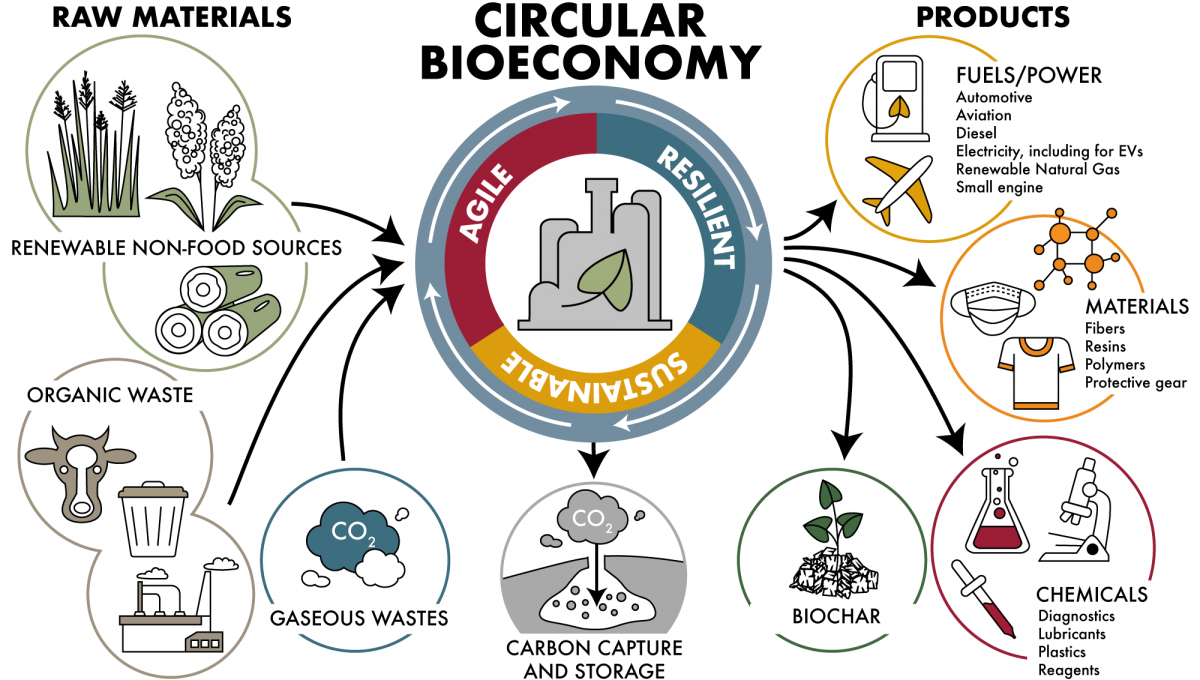
Chelsea Mamott
This project, led by WEI associate director Mary Blanchard, aims to connect agricultural and forestry producers, technology innovators, industry, and policymakers to identify and explore the technical, economic, social, and policy gaps and opportunities and establish the stakeholder networks that are critically necessary to developing a robust circular bioeconomy.
Each of the all-day workshops will cover one major economic domain of the bioeconomy, with options to participate in-person and online. The schedule for the workshops is:
- Renewable Natural Gas – Friday, Nov. 18 at the Bubolz Nature Preserve in Appleton, WI
- Carbon Management – Wednesday, Jan. 18 at the Pablo Center in Eau Claire, WI
- Sustainable Aviation Fuels and Biobased Chemicals – Thursday, Feb. 2 at the DeLuca Forum in Madison, WI
There is no cost to attend the all-day workshops and breakfast and lunch will be provided. For information about attending one or more events either in-person or virtually, please visit go.wisc.edu/bioeconomy. Registration is required and space may be limited.
Achieving our vision of a robust circular bioeconomy would create jobs, help decarbonize Wisconsin industries, and promote statewide rural economic development which could be a game-changer for those communities now under economic strain.
Mary Blanchard, WEI associate director
Through these workshops and future activities, WEI hopes to develop a network and communication infrastructure in the state of Wisconsin that stakeholders can use to find the information, collaborators, and other resources necessary to build successful bio-based production chains and businesses. These activities will help bolster and advance what has become a key driver of economic activity in Wisconsin and throughout the Midwest. In Wisconsin alone, farms and agricultural businesses contributed $105 billion to the economy and represented nearly 435,000 jobs in 2021.
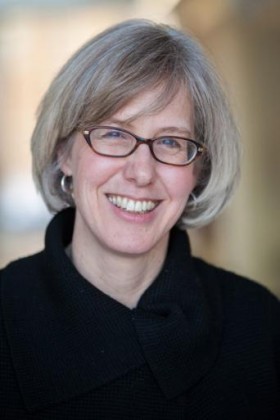
“These industries have huge economic, environmental, and social impacts on our state,” says Blanchard. “Achieving our vision of a robust circular bioeconomy would create jobs, help decarbonize Wisconsin industries, and promote statewide rural economic development which could be a game-changer for those communities now under economic strain.”
With a significant grounding in bioenergy and bioproduct research and industry connections, WEI is uniquely positioned to leverage the expertise, knowledge, and innovations of the University of Wisconsin System, the Great Lakes Bioenergy Research Center (GLBRC), and others to help advance Wisconsin’s ability to transform abundant renewable and waste resources into fuels, chemicals, and everyday materials. The resulting ecosystem could create jobs, open new markets, reduce waste, and spark the development of a circular, sustainable, and resilient bioeconomy.
For more information, visit the event page or contact Mary Blanchard at mary.blanchard@wisc.edu.

